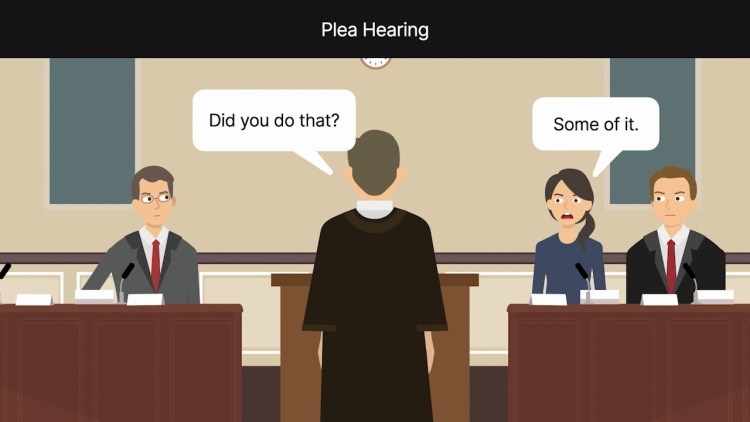Mitchell v. United States
United States Supreme Court
526 U.S. 314, 119 S.Ct. 1307, 143 L.Ed.2d 424 (1999)
- Written by Robert Schefter, JD
Facts
In 1995, Amanda Mitchell (defendant) pled guilty in federal court to distributing cocaine. Mitchell did not have a plea agreement and reserved the right at sentencing to challenge the drug quantity for which she was responsible. During the guilty plea, the district court advised Mitchell that she was waiving her Fifth Amendment right to remain silent at trial by pleading guilty. When asked if she had committed the acts necessary to be found guilty, Mitchell responded, “Some of it.” At the sentencing hearing, the United States government (plaintiff) offered witnesses who testified regarding Mitchell’s role in drug dealing and generally to the amounts she handled. Mitchell did not testify or offer evidence at sentencing, but her counsel argued that the prosecution could only attribute a minimal amount of drugs to her. The district court ruled that Mitchell did not have the right to remain silent at sentencing and expressly held her silence against her in sentencing her to the mandatory 10-year sentence for selling more than five kilograms of cocaine. The United States Court of Appeals for the Third Circuit affirmed. The United States Supreme Court granted certiorari.
Rule of Law
Issue
Holding and Reasoning (Kennedy, J.)
Dissent (Scalia, J.)
Dissent (Thomas, J.)
What to do next…
Here's why 907,000 law students have relied on our case briefs:
- Written by law professors and practitioners, not other law students. 47,100 briefs, keyed to 996 casebooks. Top-notch customer support.
- The right amount of information, includes the facts, issues, rule of law, holding and reasoning, and any concurrences and dissents.
- Access in your classes, works on your mobile and tablet. Massive library of related video lessons and high quality multiple-choice questions.
- Easy to use, uniform format for every case brief. Written in plain English, not in legalese. Our briefs summarize and simplify; they don’t just repeat the court’s language.





